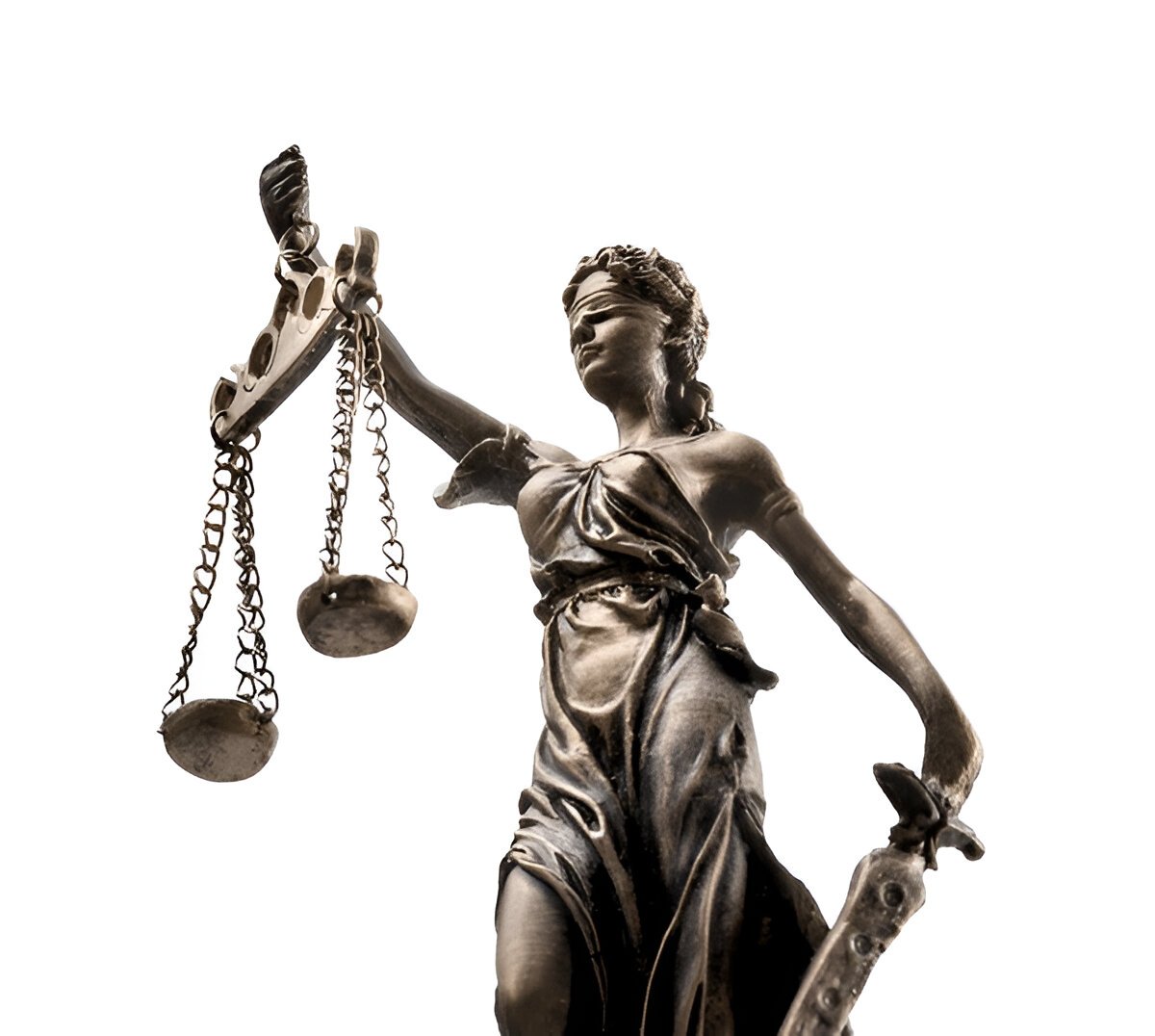A Bench of Justices Vikram Nath and Sandeep Mehta
Introduction:
The case revolves around allegations of corruption and criminal breach of trust against former Gujarat IAS officer Pradeep Sharma. The Supreme Court recently rejected his bail plea in connection with a 2023 illegal land allotment case. The case was lodged in Bhuj, Kutch, and involves charges under various sections of the Indian Penal Code (IPC) and the Prevention of Corruption Act.
Facts of the Case:
Pradeep Sharma, a retired IAS officer and former Collector of Kutch, was accused of illegally allotting government land for monetary gains. FIR was registered against him in 2023 at the CID Crime Border Zone Police Station. The charges include Sections 409(Now Section 316(5) of BNS,2023) (Criminal Breach of Trust by a Public Servant), 217 (Public Servant Disobeying Direction of Law) (Now Section 255 of BNS,2023), 120B (Criminal Conspiracy) (Now Section 61(2) of BNS,2023), and 114 (Abettor Present When Offense is Committed) (Now Section 54 of BNS,2023) of the IPC. He was also booked under Section 7(c) of the Prevention of Corruption Act for alleged misuse of his official position. His bail plea was rejected by the Gujarat High Court in March 2024 due to multiple FIRs registered against him for similar offenses. Sharma filed a Special Leave Petition (SLP) before the Supreme Court challenging the High Court’s order.
Issues Before the Court:
- Whether the nature of allegations against Pradeep Sharma warranted the grant of regular bail.
- Whether Sharma’s alleged involvement in multiple economic offenses made him ineligible for bail.
- Whether his influential position posed a risk of interference with the investigation or evidence.
Contentions of the Petitioner:
He argued that he was falsely implicated and the allegations were politically motivated. He contended that the offenses alleged against him did not involve direct evidence of monetary benefits. He claimed that prolonged detention violated his fundamental rights under Article 21 of the Constitution. He assured the court that he would not tamper with evidence or influence witnesses.
Contentions of the Respondent:
The prosecution argued that Sharma had been involved in multiple cases of corruption, justifying the rejection of bail. They contended that socio-economic offenses, such as this case, harm public trust and economic stability. They highlighted the High Court’s reasoning that Sharma’s influential status could allow him to manipulate evidence and mislead the investigation. They emphasized that the gravity of the offense and potential misuse of power were sufficient grounds to deny bail.
Court’s Analysis:
The Supreme Court upheld the Gujarat High Court’s decision, agreeing that economic offenses should be treated with strict scrutiny. It noted that granting bail in such cases could set a wrong precedent, particularly when public servants misuse their power for personal gain. The court emphasized that socio-economic offenses are on the rise and impact the integrity of governance. It found no valid reason to interfere with the High Court’s decision, as Sharma’s background and previous accusations made him a potential risk for obstruction of justice.
Conclusion & Legal Provisions Applied:
The Supreme Court dismissed Sharma’s appeal, stating that socio-economic offenses require strict judicial scrutiny. The court’s ruling reinforces that bail in corruption cases involving influential individuals should be granted cautiously to uphold public trust and prevent misuse of power.

